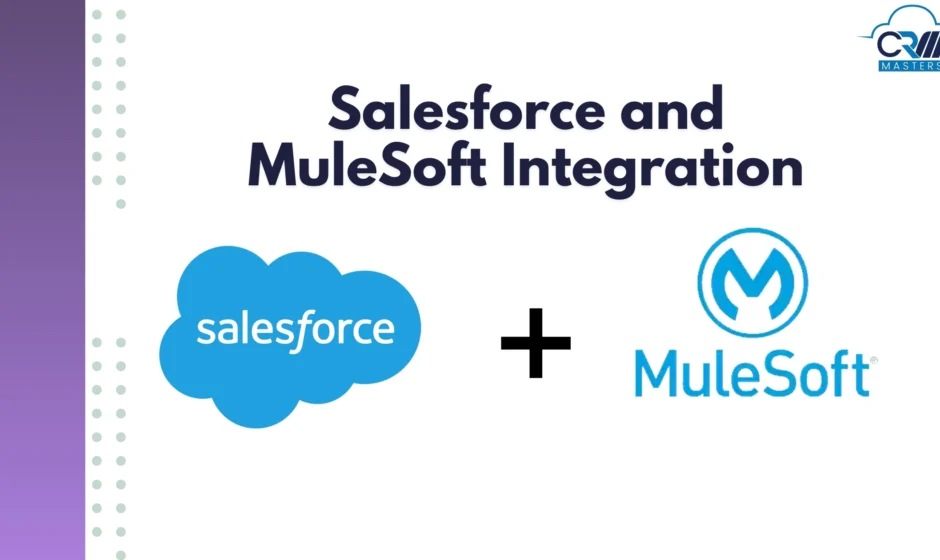When businesses consider adopting Salesforce Sales Cloud, one of the first questions that arise is, “How much does Salesforce implementation cost?” This article provides a comprehensive breakdown of Salesforce implementation expenses, covering factors that influence costs, key components, and how to plan effectively for your Salesforce Sales Cloud implementation.
What Is Salesforce Sales Cloud?
Before diving into the costs, it’s essential to understand what Salesforce Sales Cloud is. Salesforce Sales Cloud is a customer relationship management (CRM) solution designed to help businesses manage leads, opportunities, sales processes, and customer interactions efficiently. It provides tools for automating workflows, forecasting sales, and improving team collaboration, making it a go-to solution for businesses looking to scale.
Sales Cloud is highly customizable, which is one of its biggest advantages. However, customization also impacts the overall Salesforce implementation cost, as it requires additional time, resources, and expertise.
What Factors Affect Salesforce Implementation Costs?
The cost of Salesforce implementation depends on various factors, each contributing to the final price. Understanding these factors can help you estimate your expenses more accurately.
1. Licensing Fees
Salesforce Sales Cloud comes with different licensing tiers, including Essentials, Professional, Enterprise, and Unlimited. The tier you choose determines the baseline cost for your CRM. For example, Essentials starts at $25 per user per month, while Unlimited costs upwards of $300 per user per month. The licensing fee forms the foundation of your Salesforce implementation cost.
2. Number of Users
The more users you have, the higher your costs will be. Salesforce charges on a per-user basis, and the implementation team often considers user count when planning for training, data migration, and customization.
3. Customization Requirements
Salesforce Sales Cloud offers robust out-of-the-box features, but most businesses require customization to align the CRM with their unique processes. Customization includes creating custom objects, fields, workflows, and reports. The complexity of these customizations directly impacts the implementation cost.
4. Integration Needs
Many businesses need Salesforce to integrate with other tools like marketing automation platforms, ERP systems, or third-party applications. Developing and testing these integrations adds to the overall cost of implementation.
5. Data Migration
Migrating data from your legacy systems to Salesforce is a critical part of implementation. Factors such as the volume of data, its complexity, and the need for data cleansing affect the cost.
6. Consultation and Implementation Services
Unless you have in-house Salesforce experts, you’ll likely need to hire a certified Salesforce consultant or implementation partner. These professionals charge hourly or project-based fees, which can vary significantly depending on their expertise and geographic location.
7. Training and Support
User adoption is key to a successful Salesforce Sales Cloud implementation. Comprehensive training programs and ongoing support add to the costs but ensure your team can utilize the platform effectively.
What Are the Key Cost Components of Salesforce Implementation?
Breaking down Salesforce implementation costs into specific components helps you understand where your budget will go. Below are the primary cost components:
1. Licensing Costs
This is the subscription fee for Salesforce Sales Cloud. It is an ongoing cost that scales with your business as you add more users or upgrade your plan.
2. Professional Services
These include consultation, project management, and technical services provided by Salesforce consultants or partners. Rates for professional services typically range from $100 to $250 per hour.
3. Data Migration
Data migration costs depend on the amount of data and its complexity. Expect to pay between $5,000 and $15,000 for this service in most cases.
- Customization and Development
If you need custom workflows, advanced automation, or custom integrations, the cost can range from $10,000 to $50,000 or more, depending on the complexity.
5. Integration Costs
Integrating Salesforce Sales Cloud with other tools like marketing platforms or ERP systems can cost anywhere from $5,000 to $25,000 or more.
6. Training
Training programs can range from $1,000 for basic sessions to $10,000 or more for comprehensive, role-specific training modules.
7. Ongoing Maintenance and Support
After implementation, you’ll incur ongoing costs for maintenance, updates, and support. This cost varies but is usually 15-20% of your initial implementation cost annually.
How to Reduce Salesforce Implementation Costs
While Salesforce implementation can be expensive, there are several ways to optimize costs without compromising quality:
1. Define Clear Objectives
Start with a clear understanding of your business needs and goals. This ensures that you only invest in features and customizations that add value.
2. Choose the Right Salesforce Partner
Work with an experienced Salesforce implementation partner who understands your industry. They can guide you through cost-saving opportunities without sacrificing quality.
3. Use Standard Features Where Possible
Leverage Salesforce’s out-of-the-box features before opting for customizations. Standard features are included in your licensing fees and can fulfill many requirements.
4. Plan for Phased Implementation
Instead of implementing everything at once, consider a phased approach. Start with essential features and gradually add more advanced functionalities.
5. Invest in Training Early
Effective training minimizes errors and ensures that your team adopts the system quickly, reducing long-term support costs.
6. Monitor and Optimize Usage
Regularly review how your team uses Salesforce Sales Cloud. Deactivate unused features and licenses to avoid unnecessary expenses.
How Long Does Salesforce Implementation Take?
Implementation timelines vary based on the scope and complexity of your project. For small businesses with minimal customization needs, implementation can take 4-6 weeks. For larger organizations requiring extensive customizations and integrations, the timeline can stretch to 6-12 months.
The implementation timeline also affects costs. Shorter timelines may require more resources upfront, while longer projects may spread costs over a more extended period.
Is Salesforce Sales Cloud Worth the Investment?
Salesforce Sales Cloud offers immense value by improving sales efficiency, enhancing customer relationships, and providing actionable insights. While the implementation cost may seem high, the ROI often justifies the investment. Businesses that effectively implement Salesforce Sales Cloud report higher sales productivity, better forecasting accuracy, and improved customer satisfaction.
Final Thoughts: Budgeting for Salesforce Implementation
Salesforce implementation costs for Salesforce Sales Cloud can vary widely based on your business needs, team size, and customization requirements. By understanding the factors that influence costs and planning accordingly, you can set realistic expectations and maximize your ROI.
When budgeting for Salesforce Sales Cloud, always factor in both upfront and ongoing expenses. Collaborating with an experienced Salesforce partner and prioritizing features that align with your business goals will help you make the most of your investment.
Remember, while cost is a crucial factor, the value Salesforce Sales Cloud brings to your business can far outweigh the initial investment. With proper planning and execution, you’ll have a CRM solution that supports your growth for years to come.


